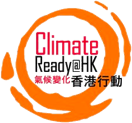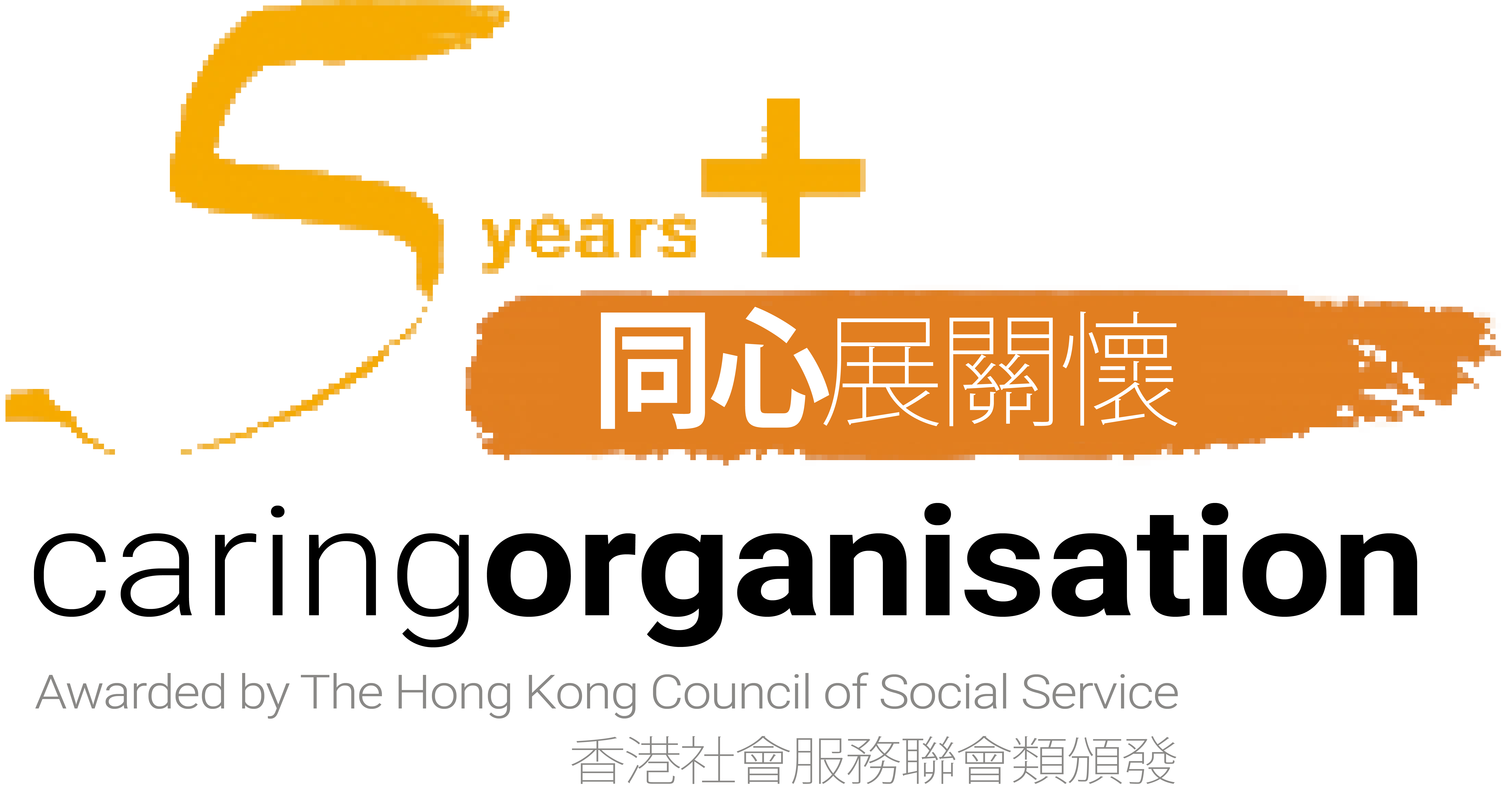News
CUHK Institute of Future Cites Provides Feasible Applications for Building Smart Cities Cluster in Greater Bay Area
// IOFC recently announced the latest research findings on urban air quality and personalised medicine, which will provide feasible applications for the development of a smart cities cluster in the GBA. The research projects include:
- Plug-and-Play Air Pollution Monitoring System – A modulised air pollution monitoring system with a selection of modules for testing carbon monoxide (CO), sulphur dioxide (SO2), ozone (O3), nitrogen dioxide (NO2), carbon dioxide (CO2), radiation, and temperature-humidity-pressure. Users are able to configure the monitoring system quickly and easily base on their own needs by inserting proper modules into the main system.
- Wearable Particulate Matters Monitoring System – Airborne particulate matter (PM) is one of the main indicators of air pollution. The smog formed by dense PM has become more common in recent years. It can cause respiratory and cardiovascular diseases which are harmful to health. This project is an IoT based PM monitoring system with a wearable device, which is able to measure PM1.0, PM2.5, PM10, temperature and humidity in the nearby area. Users carrying the device with them are able to monitor their personal PM exposures in real time. This system can collect wider and more comprehensive data and help in urban planning for the future.
- Wearable ECG Monitoring System – A personalised and continuous electrocardiogram (ECG) monitoring system, including a wearable ECG device, a mobile App, and a web interface. Users can keep track of their cardiovascular health condition at home by using the system, or have health advisors monitor and analyse their ECG information remotely through a web interface.
The above three systems can be connected to a computer or smart phone to receive data for real-time visualisation and analysis. Integrated with urban big data analysis, the systems can contribute to the promotion of public health and personal health in the city. //
Read the article in full: https://bit.ly/2MZqa7K
CUHK Institute of Future Cites Provides Feasible Applications for Building Smart Cities Cluster in Greater Bay Area
06 May 2019
// IOFC recently announced the latest research findings on urban air quality and personalised medicine, which will provide feasible applications for the development of a smart cities cluster in the GBA. The research projects include:
- Plug-and-Play Air Pollution Monitoring System – A modulised air pollution monitoring system with a selection of modules for testing carbon monoxide (CO), sulphur dioxide (SO2), ozone (O3), nitrogen dioxide (NO2), carbon dioxide (CO2), radiation, and temperature-humidity-pressure. Users are able to configure the monitoring system quickly and easily base on their own needs by inserting proper modules into the main system.
- Wearable Particulate Matters Monitoring System – Airborne particulate matter (PM) is one of the main indicators of air pollution. The smog formed by dense PM has become more common in recent years. It can cause respiratory and cardiovascular diseases which are harmful to health. This project is an IoT based PM monitoring system with a wearable device, which is able to measure PM1.0, PM2.5, PM10, temperature and humidity in the nearby area. Users carrying the device with them are able to monitor their personal PM exposures in real time. This system can collect wider and more comprehensive data and help in urban planning for the future.
- Wearable ECG Monitoring System – A personalised and continuous electrocardiogram (ECG) monitoring system, including a wearable ECG device, a mobile App, and a web interface. Users can keep track of their cardiovascular health condition at home by using the system, or have health advisors monitor and analyse their ECG information remotely through a web interface.
The above three systems can be connected to a computer or smart phone to receive data for real-time visualisation and analysis. Integrated with urban big data analysis, the systems can contribute to the promotion of public health and personal health in the city. //
Read the article in full: https://bit.ly/2MZqa7K










